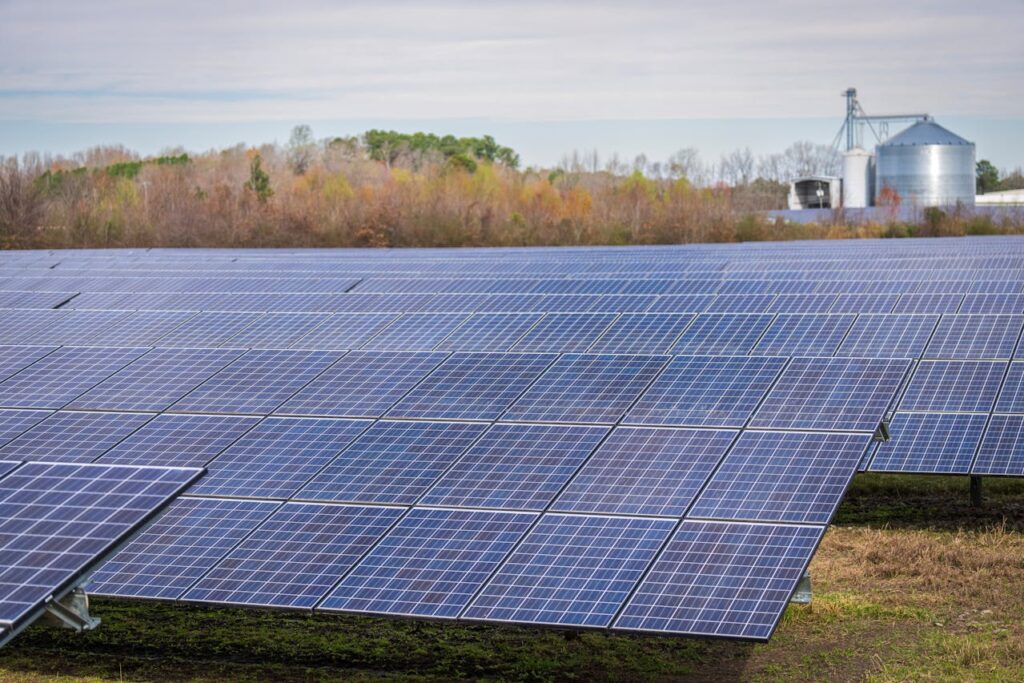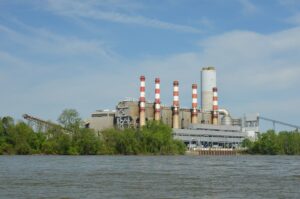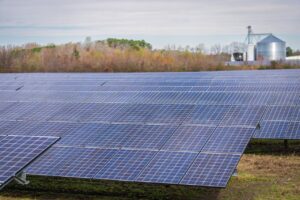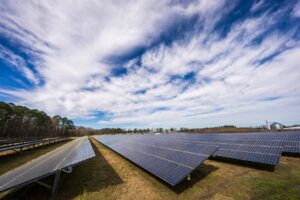In 2017, Buncombe County and the City of Asheville in western North Carolina adopted a resolution for the county operations to be powered by 100% renewable energy by 2030, and the entire community by 2042. This made the community only the second in the Tar Heel State to adopt a clean energy goal. Since then, they’ve made great strides.
Right now, 11 out of 45 schools in the Buncombe County school district have solar arrays supplying 70% of the schools’ energy needs. The County is also in the process of installing solar arrays at 47 more publicly-owned buildings. They have currently installed over one megawatt of on-site solar on a number of County facilities, and when they are finished, they will have seven megawatts of rooftop solar capacity.
Jeremiah LeRoy, Sustainability Officer for Buncombe County, said that solarizing the school buildings was an easy choice. “We have this vision that feels impossible, but once we started looking at all of our public facilities, we quickly realized that the county owns a lot of square footage that’s prime for solar,” he said. “Starting with schools just made economic sense.”
Buncombe County is engaging the entire community in the effort to achieve its ambitious goal. The City of Asheville, Buncombe County, and Duke Energy formed the Energy Innovation Task Force (EITF) in 2016 to transition the western part of the state to clean, affordable energy and eliminate the need for fossil fuel-based energy. The EITF created the Blue Horizons Project (BHP) to help achieve these goals by promoting energy efficiency and renewables throughout the region. BHP works to enlist public support and provide easy access to resources for residents to be part of the clean energy effort.
The BHP has developed a comprehensive strategic plan to guide their move to 100% renewable energy. Their strategy focuses on three primary elements: electrification, greening the grid, and energy efficiency and requires action by all the stakeholders in the community. “Achieving 100% renewable energy is a huge challenge that requires change in all local economic sectors,” the plan states. “This will be a community effort, beyond the control of any one entity.”
Although the giant energy utility Duke Energy is participating in this effort, its long-term investments in natural gas power plants are concerning. A natural gas “peaker plant” planned for their Lake Julian site near Asheville where a coal plant was shuttered in 2020 has been delayed, an important goal of the BHP. However, the Lake Julian coal plant was replaced by a $893 million, 560-megawatt natural gas plant, a move that replaces one fossil fuel plant with another, albeit one with half the carbon emissions.
With their goal of 100% renewable energy by 2042, Buncombe County and the city of Asheville are leading the way on the switch to clean energy. It’s an effort that will require all stakeholders to play a role, including Duke Energy, which has a monopoly in the region. Duke’s plans for building more gas-powered plants throughout the region may make Buncombe County’s work to achieve their goal more difficult.










